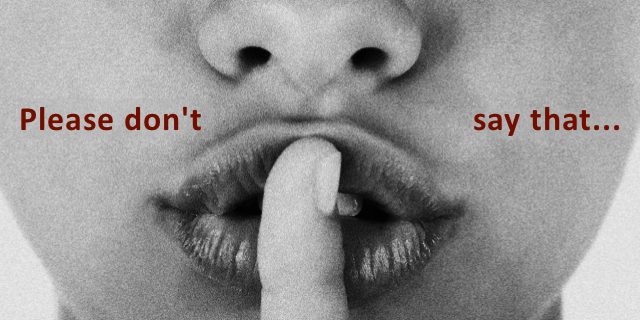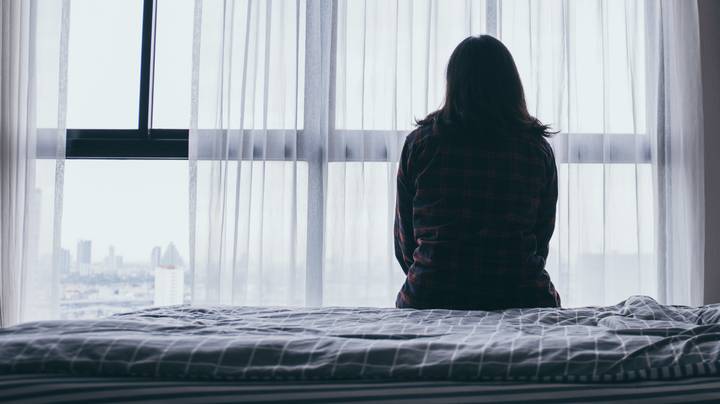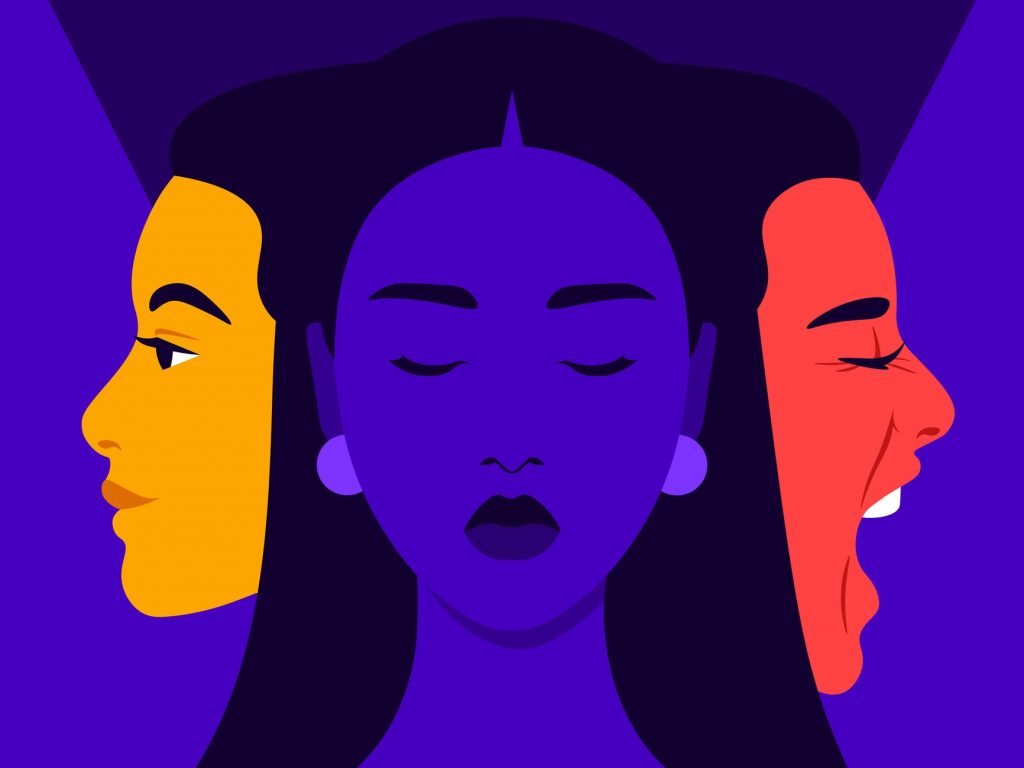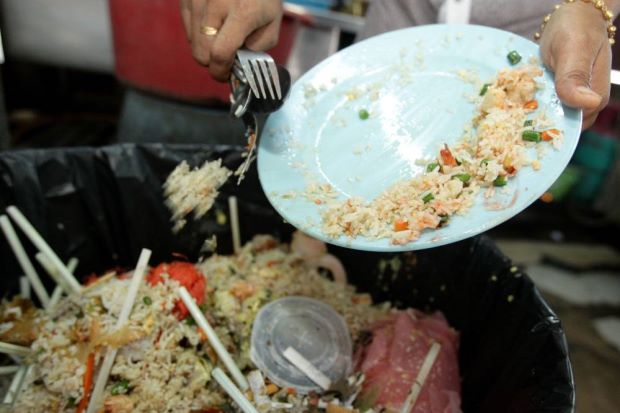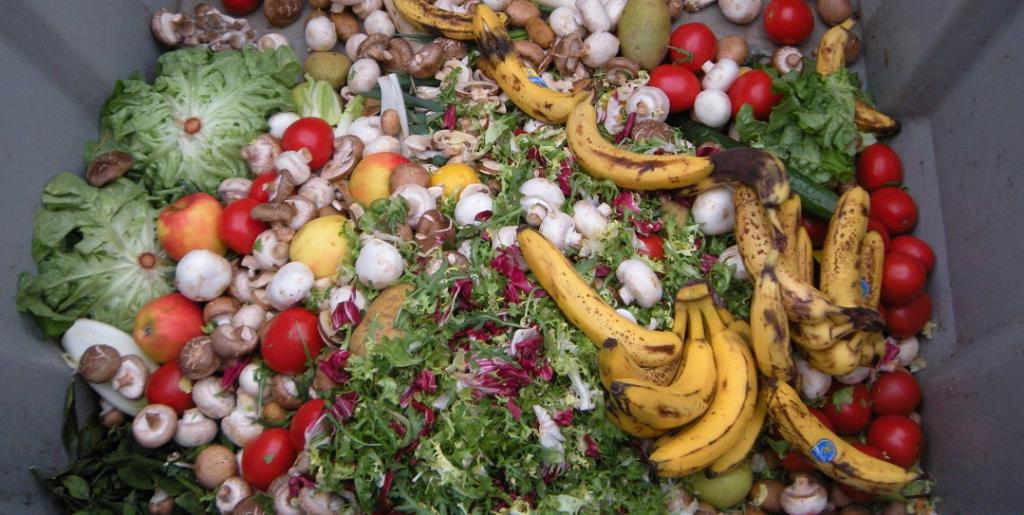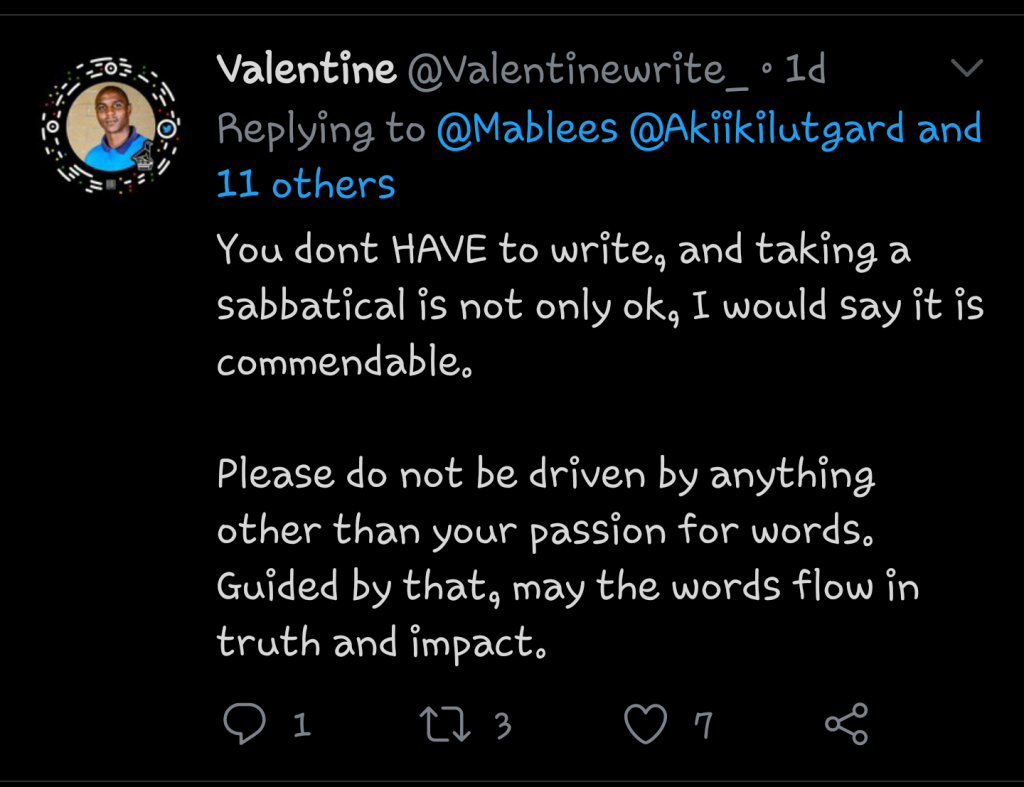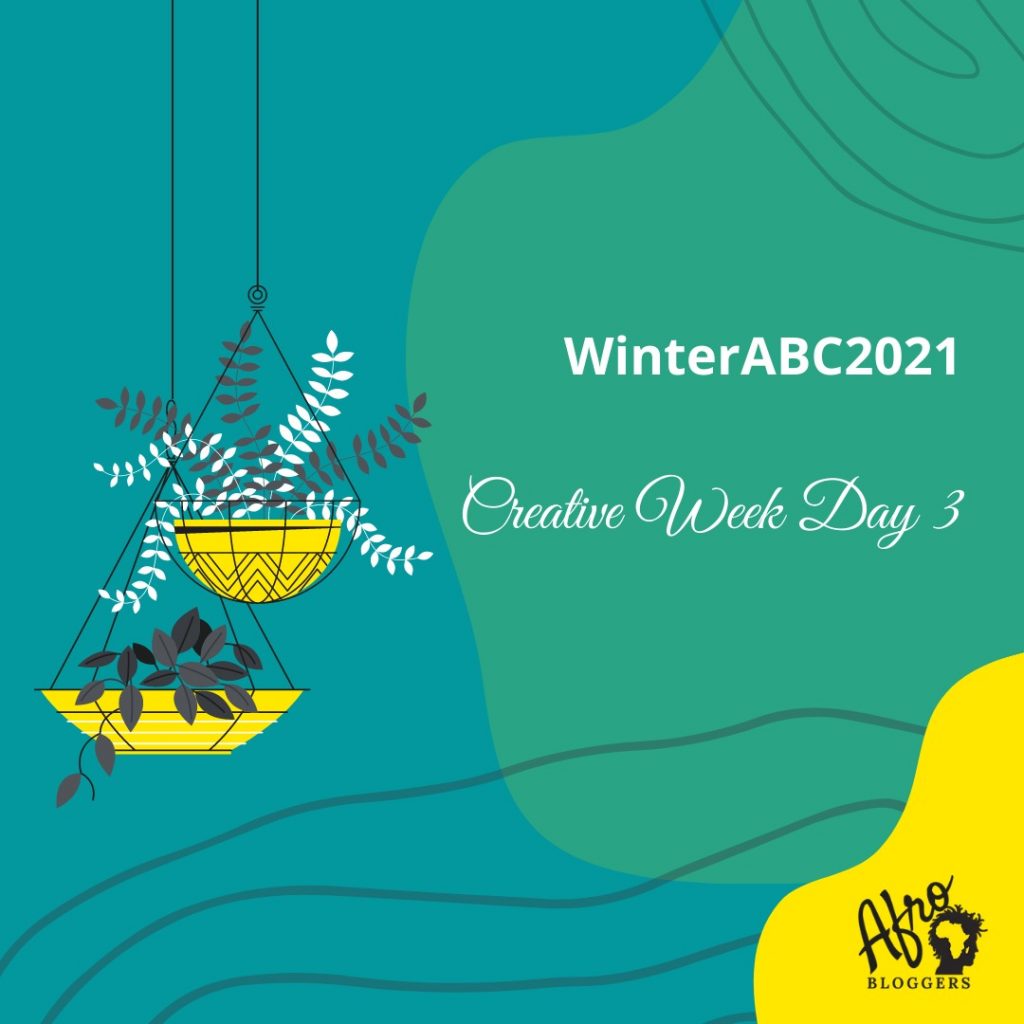What is the first thing that crosses your mind when you lay eyes on a person living with a disability? Empathy? Pity? What emotion crosses your mind?
People living with disabilities have continuously faced stereotypes from every social group and even their families. Although lately, the world is showing more respect towards them there are still some things that able bodied persons say and do, many times meaning well that come off offensive. The next time you come face to person who is differently abled there are things that you may want to caution your brain not to process and your mouth not utter them.
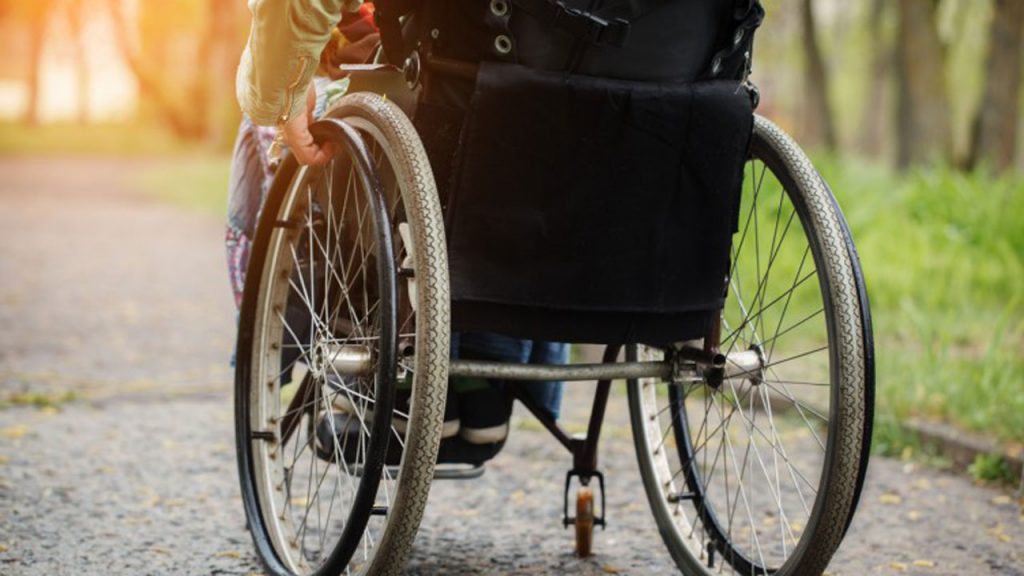
Things you should never say/do to a person living with a disability
- Offering help without being asked
You must be wondering why I had to begin here but where else if not here. Naturally we are empathetic beings and more than often we shall offer help when our minds perceive that the other person is finding difficulty accomplishing a particular task. Persons living with disabilities may take time to accomplish a task but that does not mean that they cannot do it on their own. Whilst offering assistance every now and then would make life easier for them, it is actually rude to ask this person not to stress and you go ahead and do it for them. It is best for you to allow them to try out some things on their own until they ask for your help or until you see them struggling and then ask for their permission if to offer them assistance.
- You are such an inspiration
Inspiration is a feeling of enthusiasm you get from someone or something, that gives you new and creative ideas. If you describe someone as an inspiration, you mean that they make you or other people want to do or achieve something. When referring to that person living with a disability as an inspiration, is this what you mean? If it not please save yourself and say nothing
For able-bodied people, living with a disability and being able to live normally must be one of the bravest things possible reason many people feel the need to tell people living with disabilities that they are inspiring or brave either in a way to encourage or just to voice out how they feel about the person’s disability.
Unfortunately, kind as it may sound, many people living with a disability don’t want to be considered brave or inspiration just because they are able to live with their disability. Unless this person has performed a task worthy of praise, you should never tell them that they are an inspiration by virtual of their existence in the typical world.
- Asking what got them where they are
“Curiosity killed the cat” is one of the most used proverbs which simply refers to being inquisitive about other people’s affairs which may get you into trouble. Poking your nose into someone’s business is one of the most disrespectful thing you can do to anyone, not only persons living with disabilities. Never look at this person and dare ask, “What is wrong with you?” Of what help will this be if this person told you? Can you do something about it in the first place? So why ask anyway.
Try to imagine how you’d feel being asked about your medical history by someone you hardly know! As you get to know someone better, you might start to talk their about their disability and in most cases it comes from the person themselves but remember some people might be very comfortable talking about their disability, while others may not be, so take cues from the person themselves before indulging into that conversation.
- I know someone who knows someone who can fix you
Remember the uncalled for help I talked about earlier? This deserves its own special mention. There are people who always know a wonder drug, a special physician, or miracle working pastor/priest they are willing to offer to anyone who cares to listen. Disability comes with a plethora of emotions for both the bearer and those around them, something I talked about here. So chances are that the time you come offering your uncalled for help, they have explored more than enough options many of which could have been so disappointing. Again unless asked you may want to keep that information to yourself or find creatives ways to make recommendations.
- Refrain from comparison
“You don’t have to do what everyone else is doing.” – Oprah
So you know someone A living with a disability and in your judgement someone B’s disability is not as serious as the other person. in no time you find yourself saying “You are lucky your disability is not as bad as the other person“
Many people with disabilities come across this statement in their workplace, schools and social gatherings. Sometimes this statement is made as a form of encouragement in a way to tell the person with the disability that they should be happy that their condition is not as worse as the next person. Other times, it could be said to evaluate how much help someone is entitled to.
Whatever the case may be, the statement is wrong and counterproductive. People living with disabilities have varying strengths and weaknesses and should never be compared with others living with disabilities for whatever reason. Most people tend to show more compassion for people with physical disabilities as they consider their situation more serious than those with mental disabilities. It is best to never assume what someone with a disability is going through because you do not have the slightest idea what their world is like.
- Talk to me normally
One person living with a disability complained that, ” It’s irritating when people talk to me as if I’m a child – they spot my hearing aids, and they suddenly think they need to revert to loud, slow baby-talk for me to understand them. But I struggle with my hearing, not my comprehension. I can ask you to speak up or more clearly if I need you to! “
While some people slip into childlike language, others feel the need to pump up the volume or start talking really s-l-o-w-l-y. However, even if the person you’re talking to has a hearing impairment, neither of these things actually help (sorry, but it’s true). It is helpful to just speak at your usual pace and volume, and make sure the person you’re talking to can see your mouth (in case they rely on lip reading). If they don’t understand, don’t repeat yourself over and over – just try phrasing things in a different way.
Always remember that beyond that disability that you see, there is a whole person and the key is in understanding disability is just a part of that person’s identity and NOT the entire identity. Let us all be advocates for our brothers and sisters. It is Day 7 of the #WinterABC2021.

